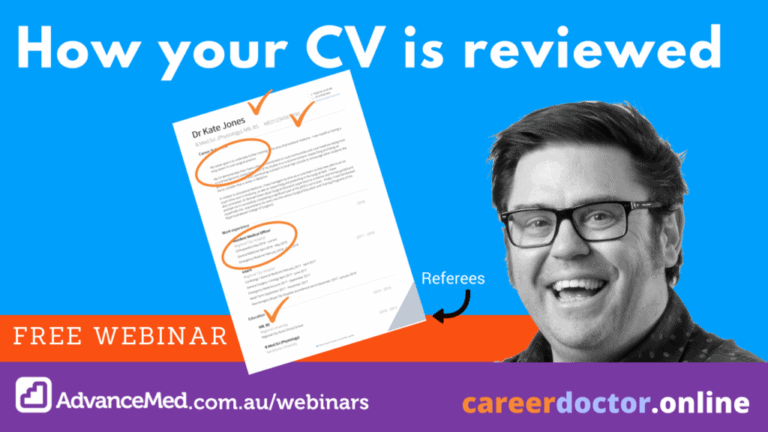Coaching for doctors or physician coaching can improve a range of skills and capabilities. Some doctors turn to coaching to improve their communication skills, to enhance patient satisfaction, and increase overall healthcare outcomes. Coaching for doctors can improve clinical skills such as challenging conversations, or delivering difficult diagnoses or discussing end-of-life care, with compassion and sensitivity. In fact a number of recent peer reviewed articles have shown that coaching can have a positive effect on doctors including their well-being and resilience. If you are a doctor considering hiring a coach then why not utilize the professional skills of fellow doctors who coach other doctors?
In an effort to support coaching for physicians we have compiled a listing of doctors who coach doctors. In this list you will find a range of doctors with varying backgrounds and coaching approaches and experience. Approaches and types of coaching are varied. From career coaches for doctors, to doctors who business coach for doctors, to doctors who coach doctors for life challenges, to doctors who coach doctors with burnout. We are sure that you will find more than one coach on our list that will be a good coaching fit for you.
Please note: All the doctors listed here provide coaching as a service distinct from health care provision. Information provided is sourced directly from each coach.
Tabitha Healey
FRACP Medical Oncology GAICD AICGC
Executive, leadership, health and wellbeing, burnout coach.
Coaching Approach: Tabitha utilises a strong foundation in health and wellbeing coaching.
Tabitha began coaching in 2019 out of a recognition of the crisis in healthcare and a desire to empower health professionals to take back control of their personal and professional lives and prioritise their own wellbeing in order to sustainably care for others.
Tabitha enjoys the shifts that occur for clients, supporting someone who is completely overwhelmed and often disengaged and to see them reconnect with themselves, their relationships and their profession.
Tabitha coaches a range of health professionals.
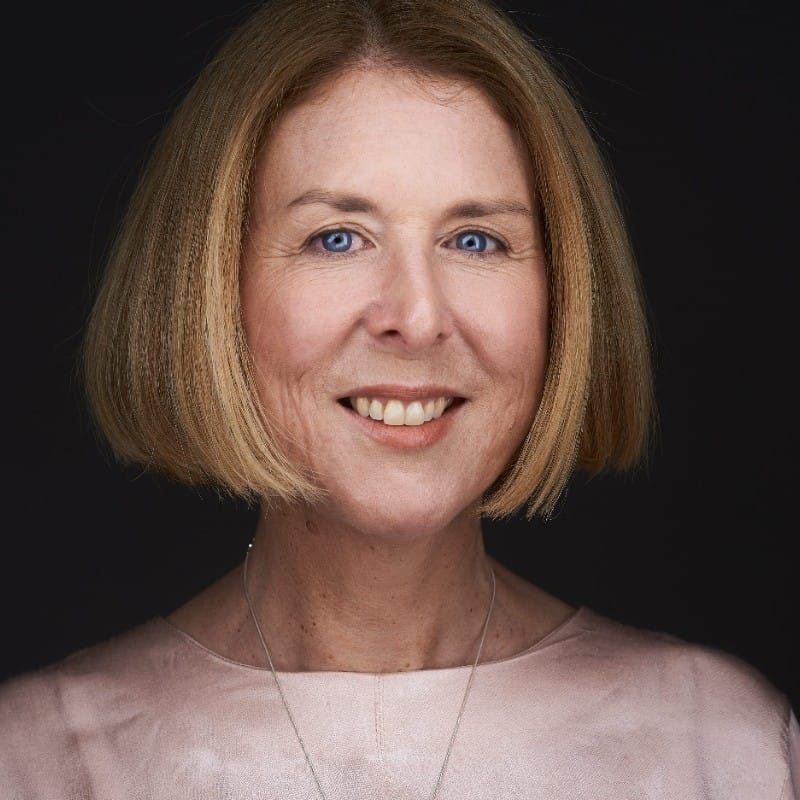
Sadly it is often the more committed you are as a professional, and the more of yourself you give to your patients, the less is left to sustain you. Coaching provides a safe, supportive environment that empowers you to reclaim elements of self and regain clarity, focus and strength to craft a sustainable practice that benefits you and your patients.
Tabitha Healey
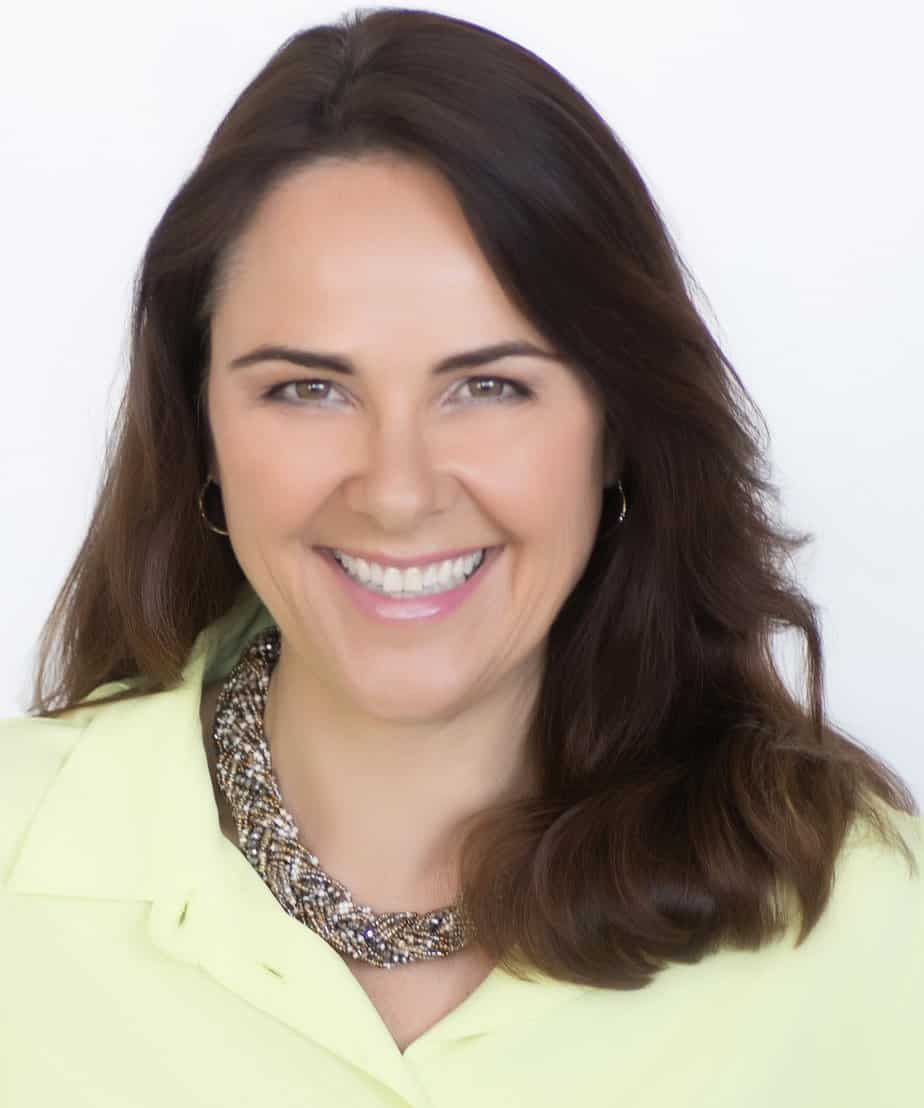
Doctors are often such nice people and it is a privilege to be working with our colleagues. It is disheartening to see how many of us suffer from (systemic) pressures and having been there myself, I will never judge you.
Ira van der Steenstraten
Ira van der Steenstraten
MD | Professional Coach | CReC
Personal and Professional Wellbeing Coaching
Coaching Approach: It all starts with the person within. Non-directive evidence-based coaching, tailored to the client. Ira’s Online Wellbeing Program (Compass of Life) will be available in 2024.
Introductory Call Available? Ira offers a free introductory call available for new clients.
Ira began coaching in 2013 having previously trained as Psychiatrist, Psychotherapist and Systems therapist in The Netherlands, Ira now works as a Professional Coach in Australia and uses her extensive experience to help clients get greater clarity, choice and balance in life.
Ira works with doctors, health care workers, other professionals in high-pressure environments, such as lawyers, managers, CEOs, and teachers. Ira loves to work with Women in Leadership roles.
Ira’s favourite thing about coaching is providing the support that empowers people.
Ira believes every doctor should have a coach because we cannot and do not have to do it all alone. Having worked with over 4000 doctors as part of the Wellbeing at Work Program (which Ira developed and presented on behalf of AMAQ) Ira understand that we often don’t feel supported at work as doctors. The workload on doctors is huge, we feel the pressure of carrying the ultimate responsibility for our patients, and combine this with (formal or informal) leadership roles.
Working in the medical culture of toughness can make it hard to ask for help and there is so little time. We have many (conflicting) demands put upon us at work and in our private lives and little time to take a step back and reflect. To know what we truly want and what our next step should be. Ira wishes for every doctor that they allow themselves to have some time set aside to focus on themselves in a safe and supportive environment. It will enhance the quality of our lives and patient care.
Rates: Introductory/chemistry call (max 20 min): free, telecoaching 1:1 $180/45 min, $220/60 min (excl GST)
Jo Braid
FAFRM (RACP)
“Burnout”, “Life”, “Burnout Recovery”, “Burnout Prevention”
Coaching Approach: Jo uses a range of approaches in coaching, including cognitive behavioural therapy derived tools, NLP, self-reflective practice, role playing and developing emotional granularity.
Introductory Call Available? Book in a Burnout Recovery Session with Dr Jo Braid.
This is a free 25 minute call via Zoom where you can discuss with Jo what is going on and what you want to change. Jo will ask some questions and you are welcome to as well. If it’s a good fit, Jo will share details about working together.
Jo commenced coaching in 2021 after realizing her own request for performance coaching while sitting her specialist exams in 2007. Jo was part of a group coaching program in 2020, and the coaching was helpful in her own recovery from burnout. Jo wanted to understand the tools in the coaches toolbox….and following professional certification decided to open her own coaching practice to provide this evidence based tool (coaching) to healthcare professionals.
Jo’s favourite think about coaching is the depth of relationship we can have with ourselves through questions asked in a coaching space. Jo believes every doctor should have a coach because doctors are high-level experts in their game, and having a non-judgemental reflective space (a coach) is an evidence based way to maintain a fulfilling and sustainable career.
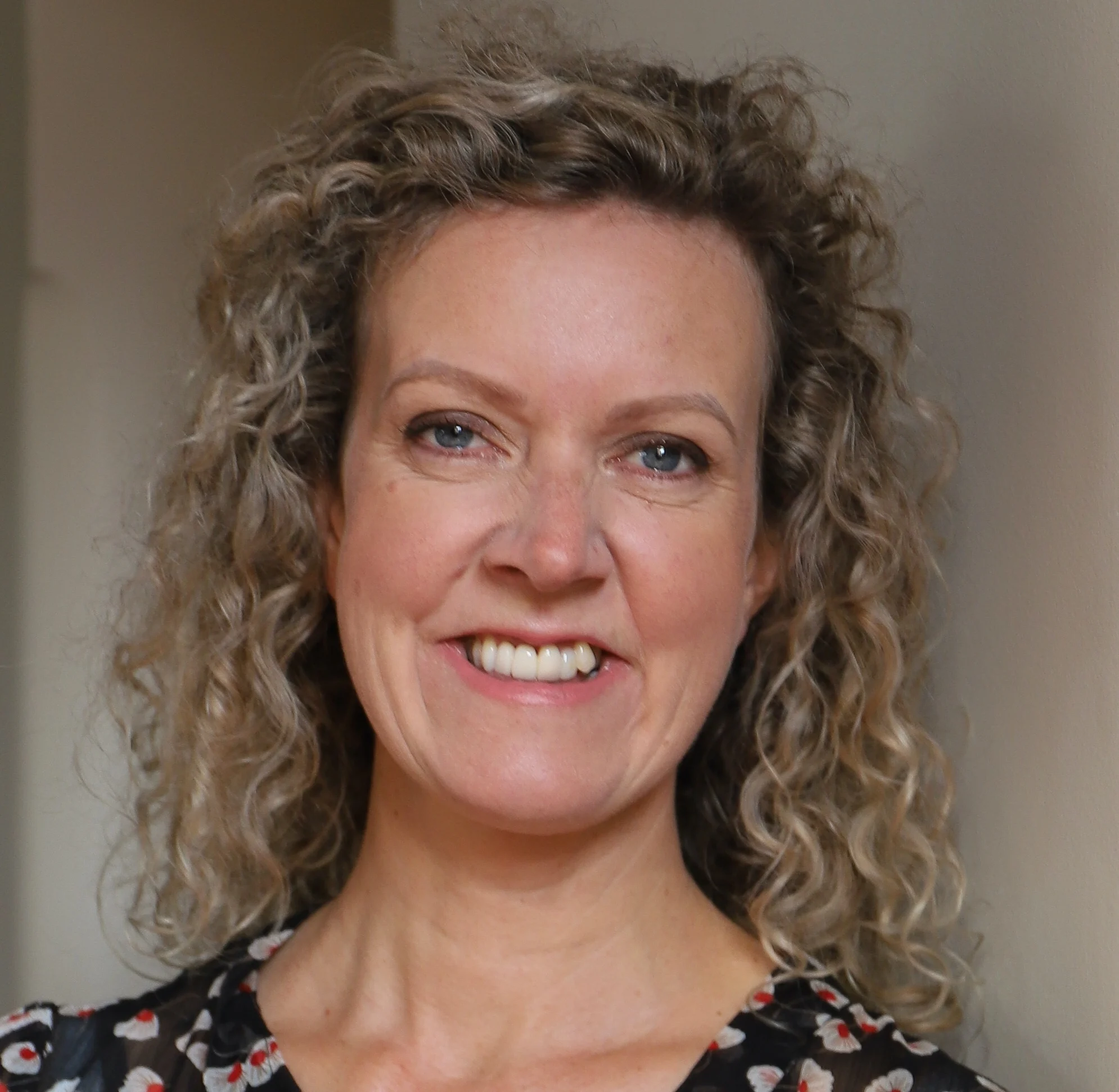

Heidi Baker
MBBS FRACP FACEM MPHTM
Career & life coaching for professionals, including Exam and interview coaching.
Coaching Approach: Organic and client led
Introductory Call Available? Heidi offers an introductory call where you can discuss coaching goals and expectations, frequency and learning styles.
Heidi commenced coaching in 2020 afer a positive experience of being a coaching client herself and a long history of sports coachings and enjoys exploring clients “quiet story” which often sits behind their “cover story.” Heidi believes in giving clients the time and space to reflect and explore their future potential.
Heidi believes that every doctor should have a coach so that they can ensure that their potential is not quietened by the noise of work.
Heidi’s clients are mainly from within the health sector. Although she als offers life and sports performance coaching for adolescents.
Rates vary between $150-$250 per session depending on number of sessions.
Simon Craig
MBBS FRANZCOG MAPP
Strengths based executive and performance coaching
Coaching Approach: Simon’s approach is through listening and uncovering strengths and solutions within the client. This is further informed through Simon’s own experience and and backed by well-being science
Introductory Call Available? You can book a free introductory call via emailing Simon. At the introductory discussion you can mutually decide on the path forward.
Simon commenced coaching in 2020. Simon has always been interested in team performance. Simon once struggled with his own personal and professional challenges and found coaching a powerful way to address these issues.
Simon’s aim is to help others perform at their best. Simon believes coaching can help to overcome obstacles, find solutions which had not been previously considered, and increase life satisfaction. Simon enjoys the personal interation of coaching and being able to help clients realise their goals.
Simon offers different rates for nurses, doctors, and corporate. These are outline after a free initial free discussion
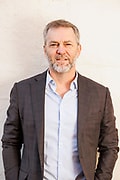
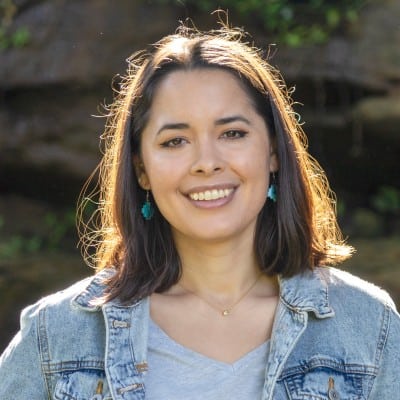
Coaching has been proven to help mindset, wellbeing, fulfilment in career and life for high performing professionals. Medicine is high stakes and we are all high performers! It’s normal to be affected by the day-to-day, our rosters, and training. We’re human beings. Coaching is a partnership that believes in you completely, helps strengthen your relationship with yourself, and design a life that is ideal for you. We all deserve that. It not only benefits you, but it will have ripple effects on your work, relationships and life.
Isabella Townshend
Isabella Townshend
Life & career coaching.
Coaching Approach: Isabella is a Co-Active trained coach. Isabella commits to holding everyone as naturally creative, resourceful and whole and providing a safe space to dream and achieve.
Introductory Call Available? Free 30 minute Chemistry Call available.
Isabella commenced coaching in 2022 after experiencing her own personal career transition from full-time doctor with burnout to coach. Isabella loves the relationship created between the coach and client and witnessing the transformative nature of coaching and its real effect on life.
Rates:
Isabella coaches a mix of doctors wanting to improve their current practice, including medical students, doctors changing careers, and non-medical professionals.
Currently Isabella charges $100 per session whilst completing her coaching certification.
Urszula Carr
PhD, MBChB, FRCPA, FRCPathUK
Empowering doctors to overcome burnout and create lives they desire.
Introductory Call Available? Urszula offers a powerful 30 minute clarity session to first time clients.
Urszula started coaching in 2022 and coaches overwhelmed, exhausted and stressed out doctors to navigate through their challenges, overcome burnout, achieve clarity and create desired outcomes.
Urszula got interested in coaching after the loss of her husband and the transition into single motherhood with four young children, all while maintaining a full-time specialist job. Urszula faced severe burnout. However, she successfully overcame my challenges and crafted an efficient system for managing stress and overwhelm, leading to a fulfilled and content life. Urszula pursued coaching qualifications to empower others to achieve the same.
Urszula’s favourite thing about coaching is witnessing her clients make lasting transformations and embark on joyful, fulfilling journeys in life.

I conquered burnout through extensive reading of self-development li, podcasts, webinars, and courses. However, it was a lengthy journey. A coach, on the other hand, accelerates desired changes, offers accountability, and provides invaluable support along the way.
Urszula Carr
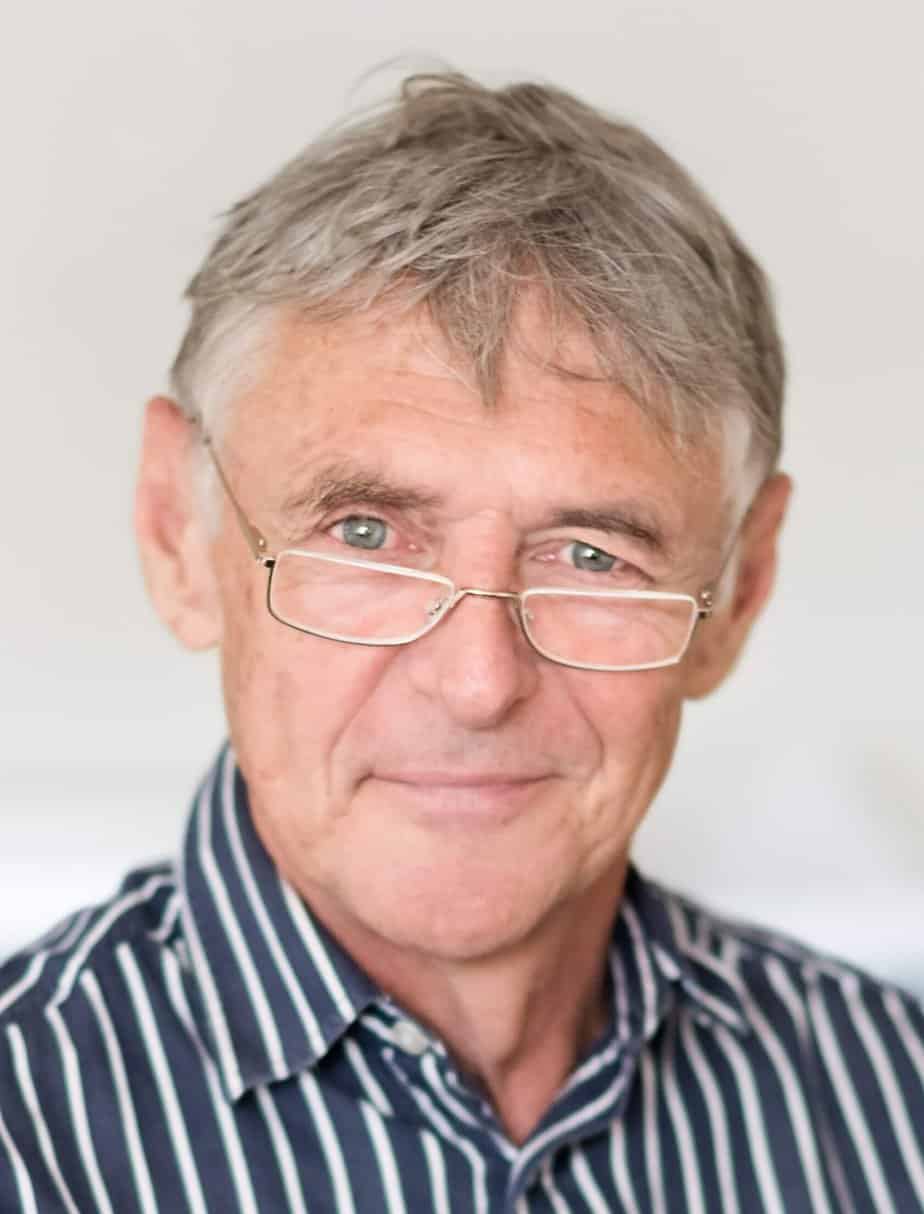
The coaching process is a catalyst for positive change, witnessing that change is deeply rewarding.
David Woods
David Woods
MBBS FAChPM
Leadership, Communication and Compassion Coaching
Coaching Approach: Traditional Coaching methods supported by the models of Process Communication and Leading Out of Drama®.
David commenced coaching in 2019 and solely focuses on working with other doctors.
David got interested in coaching after relecting on the complexity of navigating the challenges of a demanding healthcare system. David realised that in common with many doctors, he was ill-equipped to handle modern workplace conflict.
David’s journey in understanding these dynamics deepened his insight into the role of compassion, even more than his two decades working in palliative care. Through coaching, David discovered its unparalleled power in enhancing professional satisfaction, and it ignited a passionate about offering this transformative experience to his peers.
David believes every doctor should have a coach to enhance and maintain their professional and personal satisfaction. Just do it …
Olivia Ong
FFPMANZCA, FAFRM (RACP)
Mindset Leadership and Business Coaching for High Performing Doctors
Coaching Approach: Deep and exponential – listening and understanding the motivations, dreams, and unique talents of my clients.
By listening with her heart and intuitive leadership skills, Olivia is able to mirror back, using the speaker’s own words, a seemingly revelatory perspective. Armed with this sacred new outlook, Olivia’s clients are able to see beyond blind spots that have taken them a lifetime to create to the version of themselves they’ve been longing to share with the world.
Olivia’s clients do things that few people on the planet can do. They are powerful, passionate and successful, yet whatever is coming next still feels like a really big leap.
Olivia commenced coaching in 2020 and works with high performing doctors who want to live big and create impact.
In 2020, Olivia wanted to rediscover the passion in her work, restore her mental & emotional wellbeing, thrive after burnout, and reconnect with family, inner self, and identity beyond the physician. Olivia discovered self-compassion and coaching tools. They helped Olivia to thrive at home and at work. I
Olivia had seen many of her medical colleagues burn out and realised she could help her medical peers discover these heart-based tools for themselves so they can rediscover their self-worth and lead the heart-centered life they truly deserve.
Why should every doctor have a coach?
Rates: Power hour session for 60 minutes $497 AUD

Every doctor should have a coach for these reasons:
1. To perform at their peak through focus, productivity and accountability
2. To lead others through self – leadership
3. To deal with workplace challenges
4. To be a more effective communicator
5. To have more emotional resilienceWe need more heart-centred doctors in medicine.
Olivia Ong
This is my driving force. This is my WHY.

We’ve all got blind spots. Being smart, high achieving people doesn’t make us immune to the human condition.
Emily Amos
Emily Amos
MBBS FRACGP DCH IBCLC
Mindful Performance Coaching
Coaching Approach: Emily utilies mindfulness based coaching and trauma informed coaching with a hint of meditation (if desired).
Introductory Call Available? Emily has a 15 minute introductor call available for new clients. See link.
Emily commenced coaching in 2022 and has a particular interest in supporting doctors. Emily loved the health coaching aspect of her General Practice training and work, but really wanted to delve deeper into human behaviour and motivation.
Emily loves learning more about her clients goals and motivation and using that to help facilitate transformation for them, on their terms.
Jill Gamberg
BSc Exi Sci, MBBS, MSc Coach Psych, FASLM, FRACGP
Health, Performance, Life, Burnout and Leadership Coaching
Coaching Approach: Cognitive behavioural coaching, positive psychology coaching, peak performance/mental skills, mindfulness acceptance and commitment coaching.
Introductory Call Available? Jill offers a 30 minute Introductory Discovery Call
Jill commenced coaching in 2020 after working as a mental health GP and completing a Masters degreee in Coaching Psychology.
Jill’s clientelle include doctors, athletes and leaders and Jill enyos helping to guide and support people through behaviour change and attain/sustain peak performance/
Jill believes every doctor should have a coach because becoming and being a doctor is a tough road with many joys and challenges, high performance requirements and high risk of burnout.
Sarah Dalton
B.Med, MMgtHlth, FRACP, GAICD
Health, Performance, Life, Burnout and Leadership Coaching
Coaching Approach: Professional coaching to support workplace challenges such as performance, career decisions, leadership and balancing work-life priorities.
Sarah started coaching in 2019 after receiving executive coaching as part of her own personal leadership development where Sarah discovered the power of coaching to help me solve problems and do my best work.
Sarah works as a group of coaches at Capstan Coaching and Ioves working with healthcare professionals from all backgrounds, with a majority of her clients being doctors.
Sarah believes coaching has the unique ability to unlock individual potential – that the best person to solve the problem is the individual themselves.
I love it when I’m working with a client and I reflect back to them something they said in a slightly different way, and they suddenly have this “a-ha” moment where they see things in a new light. All I did was reframe their thinking – and it often leads to powerful new insights or actions.
Sarah Dalton
Sarah believes every doctor should have a coach because as doctors we believe in setting and meeting high standards, and the continuous improvement required to achieve that. Coaching holds a space for just that – to set goals, reflect on progress and set actions to move forward. A coach is your professional development partner – someone who creates a safe space and walks together with you to change.
Sue Hookey
FRACGP, Grad Dip Womens Health
Life Coach, personalised visualisations & introspections to guide you towards the life you’d love
Coaching Approach: Sue provides a safe non-judgemental space to explore your current issues and goals. Together, Sue helps to map your personalised path to thrive and grow towards the life you’d love.
Introductory Call Available? Sue offers a free Free 15 minute call to explore if journeying together is our path.
Sue draws on over 20 years of working with GP registrars, students and health professionals in a variety of roles across community and hospital settings.
Sue loves supporting people to find the wisdom that is within them, and apply that to bring out the best in themselves.
Sue believes every doctor have a coach because Medicine has a culture of putting on a brave face and soldiering on. Consulting can be lonely and isolating. A coach provides a safe space to explore what is really going on behind the Dr’s facade, be real, and move towards goals that are tailored to their specific needs.
Rates: Introductory online session for $150AUD
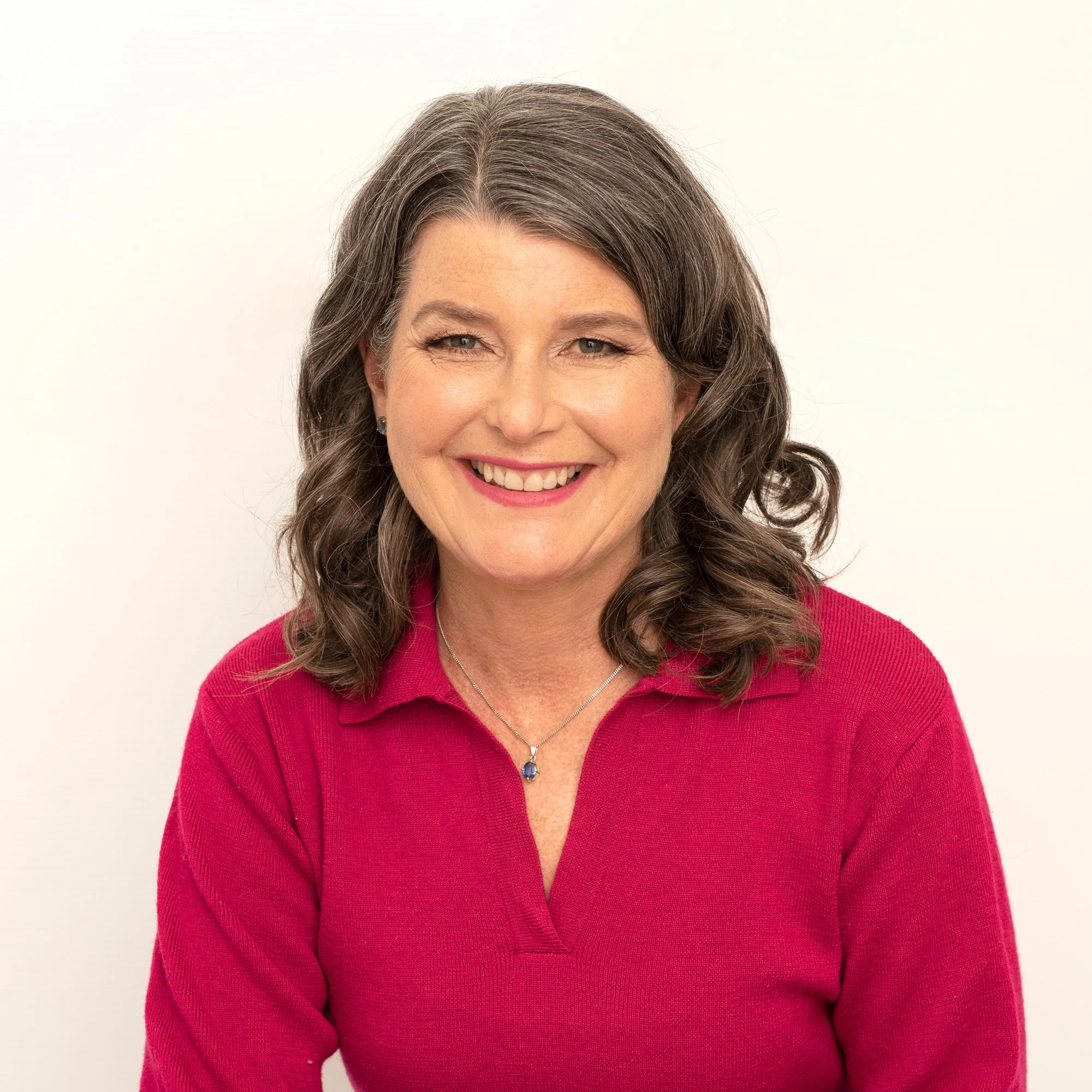
A few years ago, I woke up and realised that I had become numb to life, I’d lost touch with joy and fun. Life was serious, heavy and full of responsibilities. Fortunately, I found the right people at the right time who supported my journey to seek help and coaching. New skills, mindsets and tools helped me to grow in courage, heal hurt emotions, set boundaries, and reconnect with my love for life. The Journey Life Coaching has changed my life for the better, so I felt a strong desire to train and share the amazing results with others.
Sue Hookey
Finally AdvanceMed has it’s own doctors who coach doctors
Anthony Llewellyn

B MEd Sci, MBBS, FRANZCP, MHA, GAICD, Coaching Certificate
Job Application & Interviews, College Selection, Career, Leadership and Executive Coaching
Coaching Approach: Anthony utilizes his extensive background as a trained Psychiatrist, along with decades of management and executive experience where Anthony provided internal coaching to organisations, along with formal training in the IGROW and COACH coaching models to meet the particular needs of the coaching client in a flexible way.
Anthony provides coaching online using Zoom. Anthony believes that online coaching offers a number of advantages over traditional face to face coaching including easier appointment scheduling, lower costs,greater access to coaching and the ability to offer a recording of the session.
Introductory Call Available? You can book a RISK-FREE Introductory Call with Anthony for a 30 minute coaching call where we can further explore your issues or goals. Client’s who do not feel they gain value from the call can request their money back (hardly happens only 3 clients out of over 650 calls).
It’s hard for Anthony to say exactly when he started coaching. But a pivotal year was 2012 when Anthony was the Executive Medical Director of the Health Education & Training Institute. In this role Anthony was both responsible for developing coaching programs for other doctors, including a Difficult Conversations in Supervision Program and a Management and Leadership Program, Anthony also utilized a high performance coach to assist him to be succesful in his role as well as implemented coaching programs for his Senior Leadership Team.
Upon leaving HETI in 2016 Anthony was approached by doctors to help with their job application and interview performance and he has since assisted over 1,100 doctors of all levels of seniority, all specialties and both domestic and IMG with their various coaching challenges accumulating over 4,000 coaching hours.
Anthony is currently undertaking a coaching program to gain Professional accreditation with the International Coaching Federation.
Rates: RISK FREE Call $197AUD for 30 minutes. Individual appointments start at $497AUD for 45 minutes. Discounts available via programs and block payments for coaching sessions. VIP Program $3,997AUD includes a Strategy Call and up to 6 Coaching Sessions + courses and VIP Support.
If you are interested in working with Anthony as a coach, then check out the AdvanceMed coaching website.
Doctor Coaching Directory
Looking for a Doctor Coach?
You can find one in the Doctors Who Coach Doctors Directory
Related Questions
What is a doctor coach?
A “doctor coach,” or “physician coach,” refers to a professional who provides coaching services specifically to physicians or other healthcare professionals. These coaches are often experienced in the healthcare field themselves and offer support and guidance to medical practitioners who are looking to improve various aspects of their professional and personal lives. The coaching can cover a wide range of topics, including:
Career Development: Helping doctors navigate career transitions, develop leadership skills, or advance within their current roles.
Work-Life Balance: Assisting physicians in managing the demands of their profession while maintaining personal well-being and managing stress.
Professional Skills: Focusing on enhancing specific skills such as communication, teamwork, or management skills within a healthcare setting.
Personal Growth: Guiding doctors on a journey of self-discovery, personal development, and fulfillment.
Burnout Prevention and Recovery: Offering strategies to deal with or prevent burnout, which is particularly common in high-stress medical environments.
Executive Coaching: For those in leadership positions, such as department heads or hospital administrators, to improve their executive presence and organizational impact.
Transition Coaching: Supporting physicians who are transitioning into or out of clinical practice, whether it’s moving into a non-clinical role or retiring.
A doctor coach may work with individuals or groups, and their services can be sought independently by the physician or may be provided by the healthcare institution as part of professional development programs. The coaching process typically involves setting goals, creating action plans, and ongoing support to help the physician overcome challenges and achieve their desired outcomes.
What are the goals of physician coaching?
The goals of physician coaching can be varied and personalized, depending on the individual needs and circumstances of the physician being coached. However, there are common objectives that many physicians seek to achieve through coaching:
Improving Clinical Performance: Enhancing the quality of patient care, clinical decision-making, and overall medical performance.
Career Advancement: Developing the skills and strategies necessary to take on more advanced roles or navigate through different career paths within the medical field.
Leadership Development: Building effective leadership skills for those in or aspiring to be in leadership positions, such as heads of departments, team leads, or other administrative roles.
Work-Life Integration: Finding balance between a demanding career and personal life, which includes managing time effectively, reducing work-related stress, and preventing burnout.
Professional Satisfaction and Fulfillment: Seeking greater satisfaction and meaning in their work, which can involve aligning professional activities with personal values and goals.
Communication Skills: Enhancing interpersonal communication with colleagues, patients, and healthcare teams to improve collaboration and patient outcomes.
Conflict Resolution: Developing strategies to handle conflicts in the workplace effectively, whether they are interpersonal, administrative, or related to patient care.
Financial Management: For some, coaching may also include guidance on financial planning, especially for those running their own practice or looking to optimize their financial health.
Entrepreneurial Pursuits: Assisting physicians who want to develop their own healthcare-related businesses, products, or services outside of traditional clinical practice.
Adaptation to Change: Helping physicians adapt to changes in the healthcare industry, including new technologies, policies, or practices.
Enhancing Team Dynamics: Creating a positive and efficient work environment, improving team collaboration, and fostering a culture of mutual support and respect.
Personal Health and Wellness: Focusing on the physician’s own health and well-being, including physical health, mental health, and emotional resilience.
Burnout Recovery: Providing tools and strategies to recover from or prevent burnout, which is common among healthcare professionals due to the high-stress nature of their work.
Ultimately, the overarching goal of physician coaching is to empower doctors to make informed decisions about their professional and personal lives, leading to improved performance, satisfaction, and well-being. Coaches work to help physicians reach their full potential by unlocking their capabilities, which can have a ripple effect on their practice, their patients, and the healthcare system as a whole.
What is executive coaching for leadership?
Executive coaching for leadership is generally a tailored developmental process for business leaders — such as CEOs, directors, managers, and other executives — that focuses on enhancing their leadership skills and performance. The goal is to help these professionals maximize their potential and lead their organizations more effectively.
Here are some of the key aspects and goals of executive coaching for leadership:
Leadership Development: Improving the individual’s capacity to lead teams, drive change, and influence others.
Self-Awareness: Increasing awareness of personal strengths, weaknesses, beliefs, and the impact one has on others.
Communication Skills: Enhancing the ability to communicate clearly and effectively, which is vital for leadership roles.
Strategic Thinking: Encouraging the development of a long-term vision and the ability to think strategically about the future of the organization.
Decision Making: Improving the ability to make informed, effective decisions in complex and uncertain business environments.
Emotional Intelligence: Developing the capacity to understand and manage one’s own emotions, as well as the emotions of others, to improve interpersonal interactions.
Performance Improvement: Identifying areas for improvement in the executive’s performance and the performance of their teams.
Change Management: Equipping leaders with the skills to lead their organization through periods of change, whether it’s due to growth, restructuring, mergers, or cultural shifts.
Succession Planning: Preparing for the future by developing the skills necessary to take on greater responsibility or to ensure a smooth transition for their successor.
Work-Life Balance: Addressing personal well-being and helping executives find a balance between their professional responsibilities and personal life.
Team Building and Management: Creating and sustaining high-performance teams, and managing team dynamics effectively.
Conflict Resolution: Handling and mediating conflicts within the organization and turning them into constructive opportunities.
Accountability: Helping executives establish a culture of accountability within their organizations, starting with their own example.
Executive coaching involves one-on-one sessions between the coach and the executive, and may also include 360-degree feedback from colleagues, direct reports, and others. It’s a collaborative process that usually involves setting specific, measurable goals and using various tools and techniques to achieve those goals. The coach acts as a facilitator, providing support, guidance, and feedback to help the executive make progress and overcome challenges.
Coaching can be particularly effective during periods of career transition, when an executive is taking on new responsibilities, or when a company is undergoing significant changes. It can also be helpful for successful leaders who want to get even better at what they do, ensuring that they continue to grow and do not become complacent.
How do life coaches help?
A life coach typically works with clients through one-on-one coaching sessions, which can occur in person, over the phone, or online. These sessions are conversations that challenge and support the client to reflect on their current situation, identify the changes they wish to make, and take action towards their goals. The relationship between a life coach and a client is collaborative and often transformative, offering a space where clients can think aloud, be heard, and gain clarity.
Life coaches help individuals in a variety of ways, depending on the person’s goals, challenges, and specific situations. Generally, life coaching is about assisting clients to create and live the life they desire. Here’s how life coaches can help:
Goal Setting: They help clients identify and articulate their goals, aspirations, and desired outcomes in various aspects of life, whether it’s career, relationships, health, personal growth, or balance.
Accountability: Coaches provide a structure of accountability that encourages clients to take consistent action toward their goals.
Uncovering Obstacles: They work with clients to identify and overcome barriers, whether those are external circumstances or internal beliefs and behaviors that are holding them back.
Clarifying Values: Life coaches assist individuals in understanding their core values and making sure their goals are aligned with these values.
Empowering Decisions: They support clients in making empowered choices by exploring options and potential outcomes.
Strategy and Planning: Coaches help clients develop strategies and action plans to move toward their goals in a structured way.
Enhancing Mindset: They work on shifting mindsets that may be limiting, fostering a growth mindset that is open to learning and new experiences.
Improving Focus and Effectiveness: Coaches help individuals improve their focus, productivity, and effectiveness, often by helping them to manage time and resources more efficiently.
Support through Transitions: Whether it’s a career change, a move, relationship changes, or any other significant life transition, life coaches can provide support and guidance through these periods.
Building Confidence: They encourage and support clients in building self-confidence and self-efficacy, which are essential for making positive life changes.
Enhancing Communication Skills: Life coaches often work with clients to improve personal and professional communication skills.
Stress Management and Resilience: They teach techniques for managing stress and building resilience in the face of life’s challenges.
Health and Wellness: Some life coaches also focus on health and wellness, helping clients develop healthier habits and lifestyles.
Personal Development: Life coaches encourage continuous personal development, helping clients to remain open to learning and self-improvement.
Navigating Complexity: They help individuals manage and thrive within the complexities of modern life.
A life coach typically works with clients through one-on-one coaching sessions, which can occur in person, over the phone, or online. These sessions are conversations that challenge and support the client to reflect on their current situation, identify the changes they wish to make, and take action towards their goals. The relationship between a life coach and a client is collaborative and often transformative, offering a space where clients can think aloud, be heard, and gain clarity.



